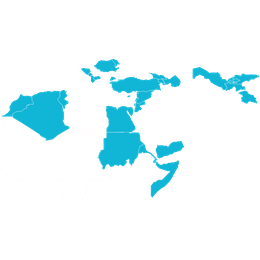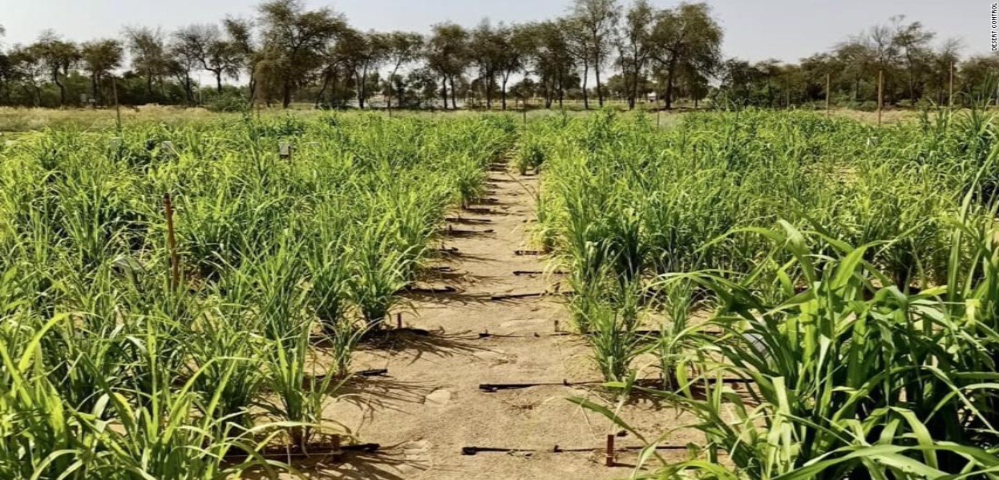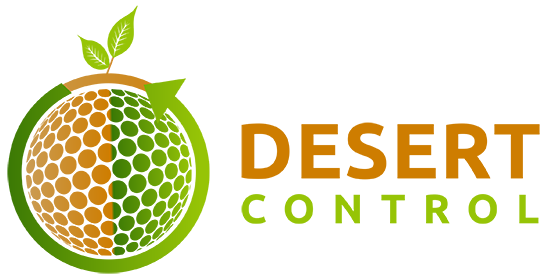Liquid Nano Clay (LNC)
‘Water retention of up to 65% means less water required and huge cost reductions, more robust soil and higher yield.’
Company websiteBACKGROUND
Farmers have been using clay to improve soils for thousands of years. However, working thick clay into soil is very labour-intensive, as well as disruptive to underground ecosystems. Liquid Nano Clay (LNC) as it is called, turns the sand into a sponge-like fabric that retains water, thus holding the nutrients much better. Consequently, crops receive more nutrients and yields improve.
WHAT’S INVOLVED
Huge reduction in water consumption : A liquid solution like LNC dramatically reduces the quantity of water needed for crop cultivation.
Onsite mixing of LNC: Desert Control brings its clay mixing units directly to the customer, where Liquid Nano Clay is mixed on site. The mixture is applied directly on top of dry, sandy land using either traditional watering techniques or direct injection into water irrigation systems.
Unprecedented level of water retention: The mix saturates the soil to a depth of 40-60 cm. The resulting water retention of up to 65% means that less water is required for crop cultivation, leading to huge cost reductions, more robust soil and a higher yield.
EXPLORE THIS SOLUTION
Liquid Nano Clay offers:
- A scalable solution that can have a global impact, in particular arid or semi-arid areas
- The possibility of mobile factories that can produce sufficient material for up to five hectares per unit per day.
- Up to 47% water savings in marginal soil conditions.

Countries involved
Egypt, China, Pakistan
Project partners
European Union, Expo Live, International Center for Biosaline Agriculture (ICBA)
Project dates
2017-present
Share this solution
Bookmark this solution
BookmarkShow Full Solution
Summary
Desert Control, a Norwegian start up company, has devised a new way of mixing clay and water so that when it is applied to sandy soil, it envelops each grain of sand and spreads the clay perfectly. Liquid Nano Clay (LNC) as it is called, turns the sand into a sponge-like fabric that retains water, thereby holding the nutrients much better. Consequently, crops receive more nutrients and yields improve.
Challenge/problem
Farmers have been using clay to improve soils for millennia. However, working thick, heavy clay into soil is labor-intensive, as well as disruptive to underground ecosystems. As climate change is likely to usher in more periods of prolonged drought, effective management of water is going to become increasingly important. A liquid solution like LNC is therefore of high value in dramatically reducing the quantity of water needed for crop cultivation.
Solution
Desert Control brings its clay mixing units directly to the customer, where Liquid Nano Clay is mixed on site. The mixture is applied directly on top of dry, sandy land using either traditional watering techniques or direct injection into water irrigation systems.
The mix saturates the soil to a depth of 40-60 cm. The resulting water retention of up to 65% means that less water is required for crop cultivation, leading to huge cost reductions, more robust soil and a higher yields. The Mychorrizal Fungus - vital for any plant - thrives and grows in LNC treated sand. Desert Control is developing a scalable platform in order to maximize the impact globally for this innovation. Ensuring that it is extensively validated to be a resilient and sustainable solution is an essential foundation. For these reasons, the company has been working with independent research organizations such as International Center for Biosaline Agriculture (ICBA), since 2018 for research, extensive third party validation, and accreditation of Liquid Nano Clay and its impact on soil and the entire ecosystem.
In April 2020, the company started the building process of the first scaled-up prototype unit for higher capacity and efficiency. This is essentially a mobile LNC factory that can produce sufficient LNC for five hectares per unit per day. The unit is scheduled for a Factory Acceptance Test (FAT) before the end of 2020. After that, the unit will be deployed to gather field experience and undergo further improvements before additional units are built and deployed. The company has also engineered the design for a mobile factory and processing unit with ten times this capacity (50 hectares per day), which will be the next step. The units run off electricity rather than gasoline, and several off grid options for deriving this power are being explored, including biomass. However, solar power also has potential, particularly as these units will be deployed primarily in arid areas.
Results
Through third party validation, LNC has documented up to 47% water savings in marginal soil conditions.
- The treatment has proven to maintain green ecosystems and growth in desert and sandy soils with high resilience and optimal utilization of scarce resources such as water and nutrients.
- Validations have also shown reduced topsoil salinity and impact in catalyzing healthy soils. This is an essential contribution towards combating desertification, restoring and protecting land from degradation, fostering green ecosystems for CO2 sequestration, boosting carbon levels in the soil, and supporting food security agendas – and has applications in restoring degraded land on which smallholder farmers in the Sahel subsist.
Lessons learned/potential for replication
Production capacity is currently limited until the larger systems with higher output capacity are ready for deployment. Therefore, the solution will first focus on paid commercial pilots for smaller patches of land that can be expanded to a significant scale once the larger units launch.
As of March 20th this year, Desert Control raised a seed investment of $5 million to progress to the next stage. These funds will allow the company to move forward from a validated product (LNC) to efficient production and field processing equipment. The recently raised funds are dedicated to building more effective production units for the processing of LNC. The company is also exploring various scalability pathways.
Next steps
Most of Desert Control’s field-testing over the last ten years have been in Egypt, China and Pakistan. However, as soon as the company is ready to deploy a more extensive fleet of mobile LNC processing units, they will start a roll-out plan to new countries and markets, including in Africa. In the African context, the business model is likely to revolve around entrepreneurs and donors availing LNC units to smallholder farms to transform soil productivity. The essential goals in the short term are to reach scale, efficiency, and volume capacity that can drive costs down and make the deployment of LNC affordable for lower income farmers.


